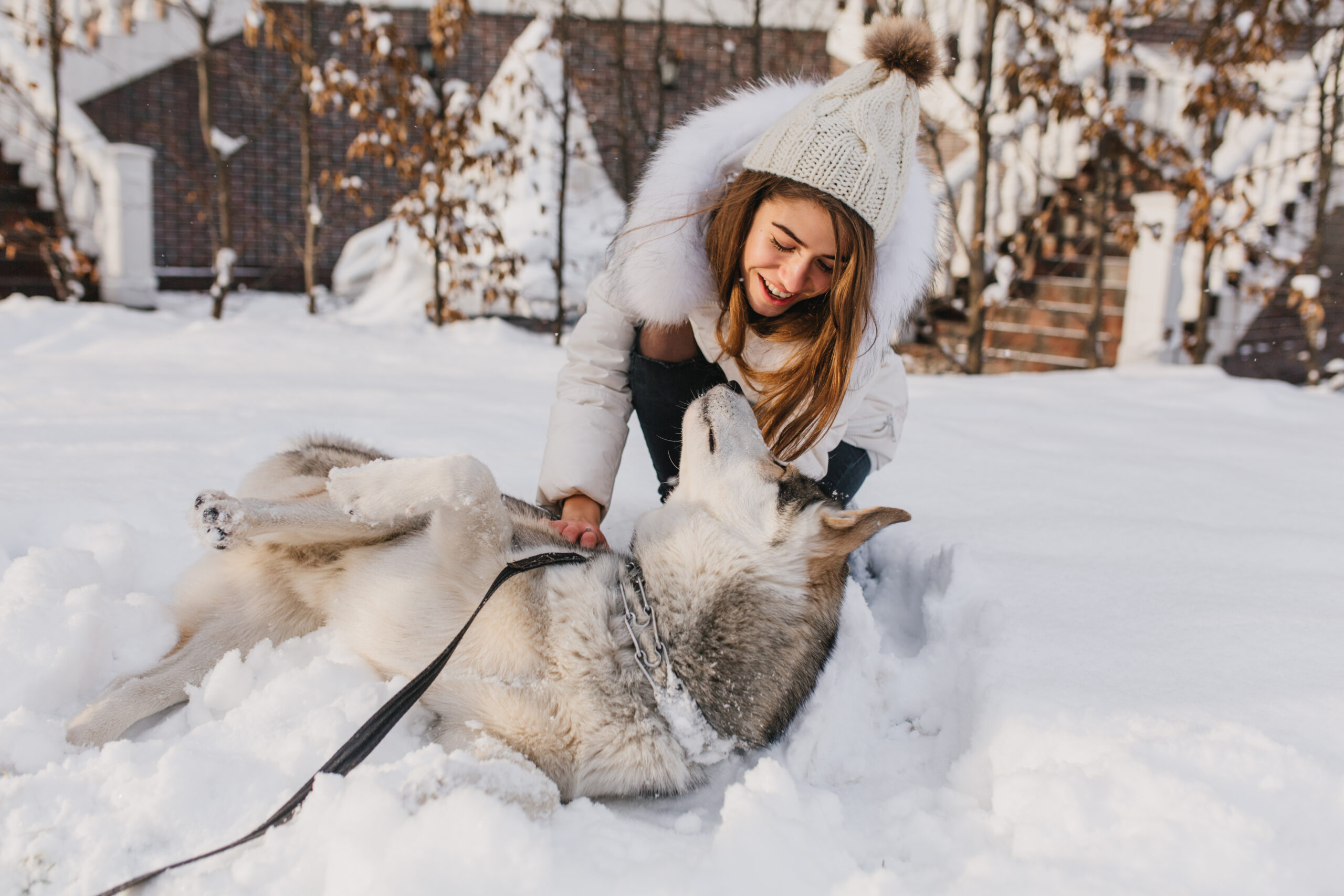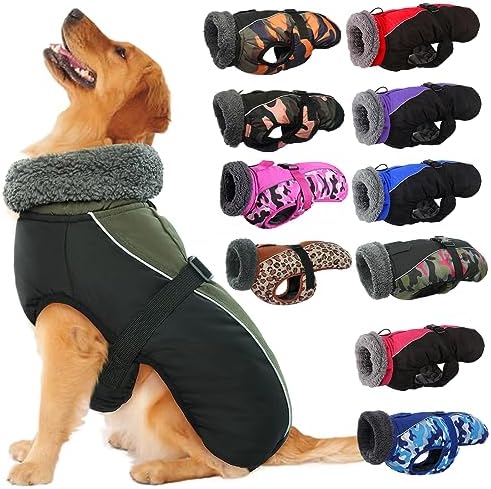Taking care of our pets during extreme seasons is essential to ensure their well-being. Both winter and summer come with specific challenges that require our attention to protect their health. Here are practical tips for each season:
Pet Care in Winter
- Warmth and Comfort
- Pets with short hair or small breeds may need extra warmth outdoors. Consider jackets or sweaters for dogs and additional blankets for their beds.
- Ensure they have a warm, dry place to rest away from drafts.
- Paw Protection
- Snow, ice, or salt on sidewalks can harm their paw pads. Clean their paws after walks and use protective balms if needed.
- Dog booties are a good option for icy terrains.
- Diet and Exercise
- Pets may burn more energy to stay warm. Check with your veterinarian if their diet needs adjustments.
- Keep them active indoors with games or exercises to prevent a sedentary lifestyle.
- Hydration
- Even in cold weather, ensure they always have fresh water, and check that it doesn’t freeze if left outside.
Pet Care in Summer
- Heat Protection
- Never leave your pet in a parked car, even for a few minutes.
- Provide shade and a cool resting area, especially for pets kept outdoors.
- Consistent Hydration
- Always have fresh, clean water available. Adding ice cubes can help keep it cool.
- Frozen treats for dogs or cats can be a fun way to keep them refreshed.
- Safe Exercise
- Avoid exercising your pet during the hottest parts of the day. Opt for early mornings or late evenings.
- Walk in shaded areas and check the ground temperature to avoid burning their paws.
- Skin Care
- Some breeds may need sunscreen, particularly on their ears and nose. Use pet-specific products.
- Brush your pet regularly to remove dead fur and improve airflow through their coat.
- Parasite Precautions
- Summer is peak season for fleas, ticks, and mosquitoes. Use vet-approved parasite preventatives.
Warning Signs in Winter and Summer
Whether it’s winter or summer, watch for signs of distress in your pet, such as:
- Hypothermia in Winter: Shivering, lethargy, pale gums.
- Heatstroke in Summer: Excessive panting, vomiting, staggering.
If you notice any of these symptoms, contact your veterinarian immediately.
Caring for our pets during extreme seasons is a responsibility that strengthens our bond with them while keeping them happy and healthy. They rely on us to ensure their well-being year-round! 🐾❤️



